This starts with Tyson’s deathism quote, but I’m still a fan. I do wonder if he’ll take a treatment when he sees everyone else rejuvenating around him.
Get the latest international news and world events from around the world.
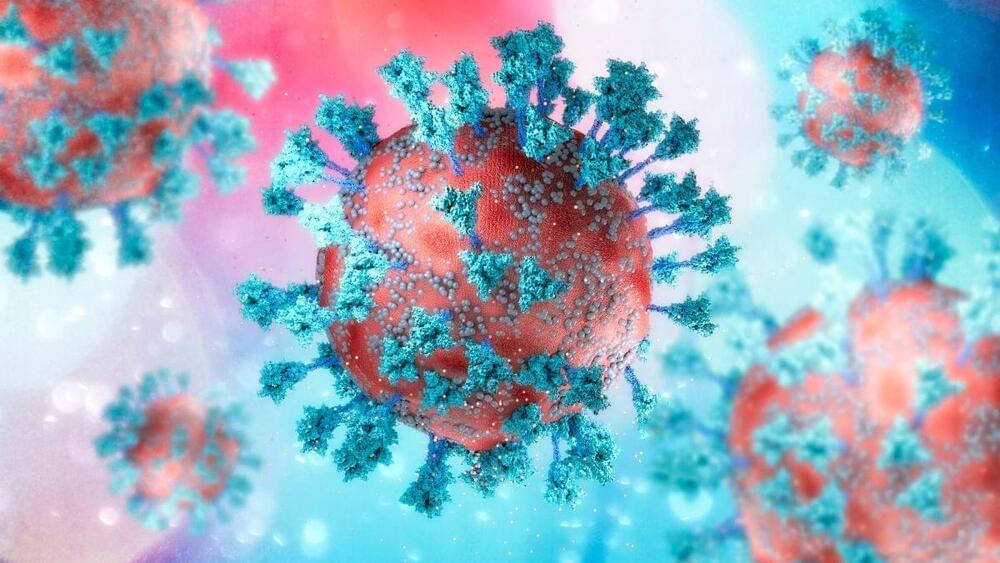
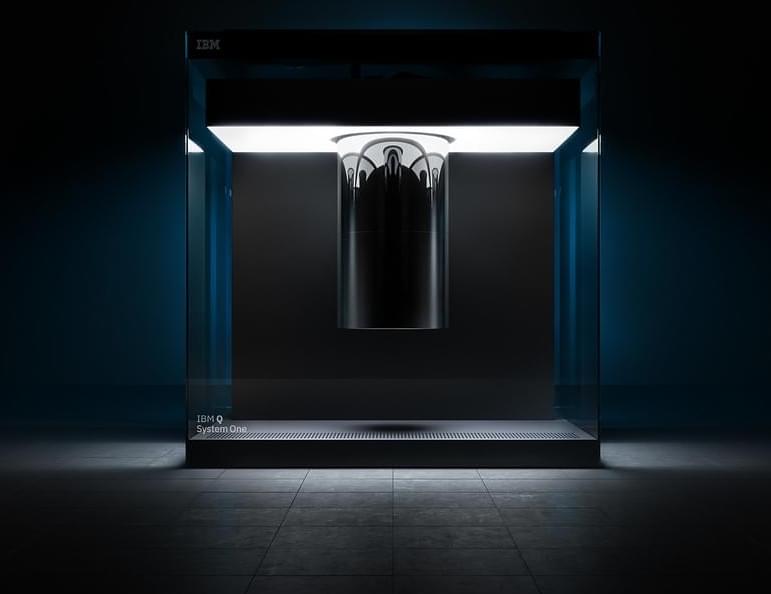
Time crystals on a quantum computer reach a record size
To classify as a DTC, a system also needs to be truly many-body, and its coherence times (that is, the time over which fragile quantum states persist without being destroyed by interactions with their environment) must be long enough that its periodic variations are not mistaken for a short-term system change. Finally, one must be able to prepare the system in arbitrary initial states and show that all of them result in similar DTC behaviour.
A major milestone
The Melbourne team’s work, which is described in Science Advances, builds on earlier reports of DTCs that used quantum processors based on nine nuclear spins in diamond and 20 superconducting qubits. As in these previous experiments, the team turned a quantum computer into an experimental platform — a quantum simulator – in which all the requirements of DTCs could be met.
Scientists May Have Found a Way to Treat All Cancers…
A universal cure for cancer would be a truly historic achievement in medicine, and it seems that scientists may have found it… by accident.
Go to http://Brilliant.org/SciShow to try out Brilliant’s Daily Challenges. The first 200 subscribers get 20% off an annual Premium subscription.
Hosted by: Hank Green.
SciShow has a spinoff podcast! It’s called SciShow Tangents. Check it out at http://www.scishowtangents.org.
———
Support SciShow by becoming a patron on Patreon: https://www.patreon.com/scishow.
———
Huge thanks go to the following Patreon supporters for helping us keep SciShow free for everyone forever:
Kevin Bealer, KatieMarie Magnone, D.A. Noe, Charles Southerland, Eric Jensen, Christopher R Boucher, Alex Hackman, Matt Curls, Adam Brainard, Scott Satovsky Jr, Sam Buck, Avi Yashchin, Ron Kakar, Chris Peters, Kevin Carpentier, Patrick D. Ashmore, Piya Shedden, Sam Lutfi, charles george, Greg.
———
Looking for SciShow elsewhere on the internet?
Facebook: http://www.facebook.com/scishow.
Twitter: http://www.twitter.com/scishow.
Tumblr: http://scishow.tumblr.com.
Instagram: http://instagram.com/thescishow.
———
Sources:
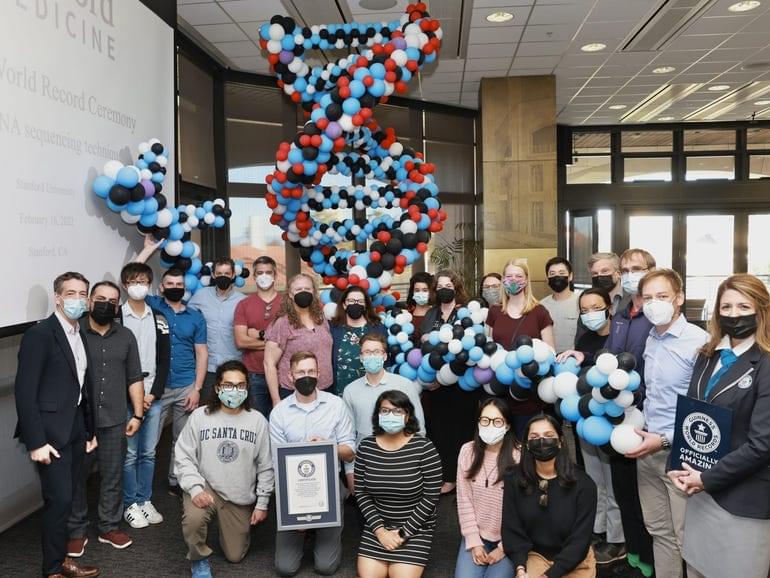
Stanford University uses AI computing to cut DNA sequencing down to five hours
A Stanford University-led research team has set a new Guinness World Record for the fastest DNA sequencing technique using AI computing to accelerate workflow speed.
The research, led by Dr Euan Ashley, professor of medicine, genetics and biomedical data science at Stanford School of Medicine, in collaboration with Nvidia, Oxford Nanopore Technologies, Google, Baylor College of Medicine, and the University of California, achieved sequencing in just five hours and two minutes.
The study, published in The New England Journal of Medicine, involved speeding up every step of genome sequencing workflow by relying on new technology. This included using nanopore sequencing on Oxford Nanopore’s PromethION Flow Cells to generate more than 100 gigabases of data per hour, and Nvidia GPUs on Google Cloud to speed up the base calling and variant calling processes.
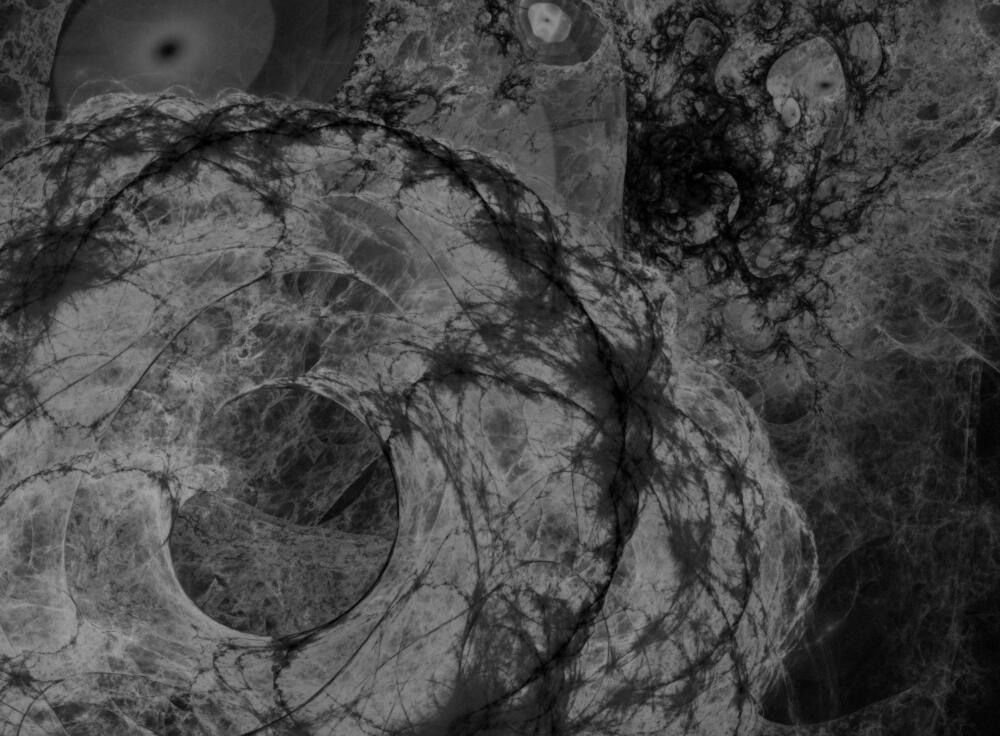
Study sheds light on axion dark matter
Scientists from Durham University and Kings College London have presented a theoretical review in a new study strongly supporting the search for axion dark matter.
The identity of dark matter, which makes up 85% of the matter in the universe, is one of the big unanswered questions in particle physics.
Scientists know of its existence because of its gravitational pull effects on stars and galaxies but what kind of particle it is, still remains a mystery.

Shedding light on axion dark matter
Dark matter is one of the biggest mysteries in the universe. Scientists have not yet observed dark matter directly. But, studies have confirmed its existence due to its gravitational pull effects on stars and galaxies. However, what kind of particle it remains elusive.
In a new study, scientists examined how axions can be described mathematically. They then presented how they relate to the fundamental symmetries of the Standard Model of particle physics.
Scientists from Durham University and Kings College London have presented a theoretical review in a new study strongly supporting the search for axion dark matter.
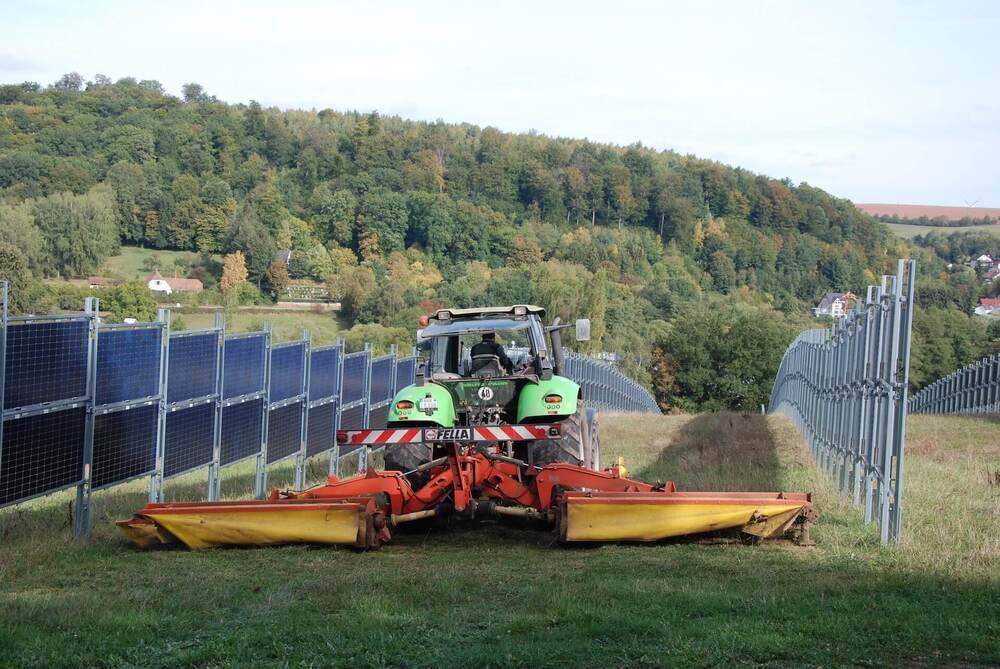

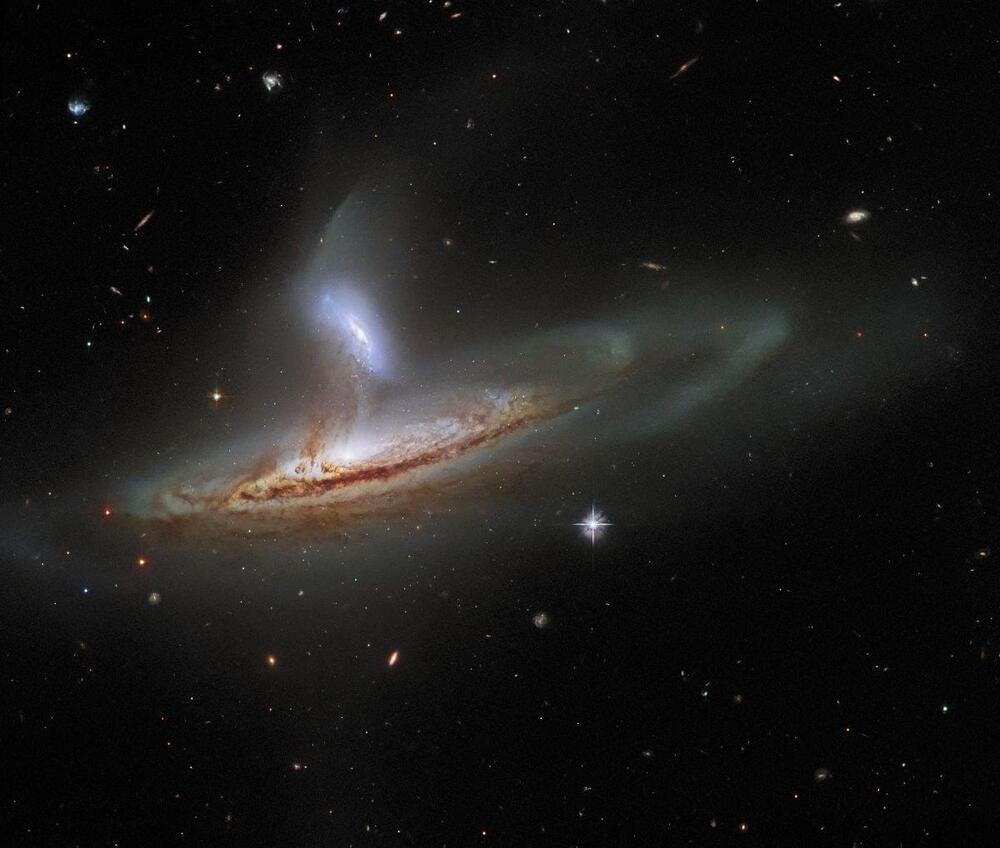
Hubble telescope was at the perfect angle to capture this nearly impossible shot of two ‘dancing galaxies’
You can see the galaxies warping in three dimensions.
— The best Hubble Space Telescope images of all time! — Hubble eyes two stunning galaxies before future James Webb Space Telescope observations — Distant galaxies appear to overlap in new Hubble telescope image
It’s also fortunate that the instrument took this image in visible light. Both IC 1,559 and NGC 169 have active galactic nuclei (AGN), meaning their cores are “monumentally energetic,” per NASA. In other words, they have supermassive black holes expelling vast quantities of energy in the full range of the electromagnetic spectrum.